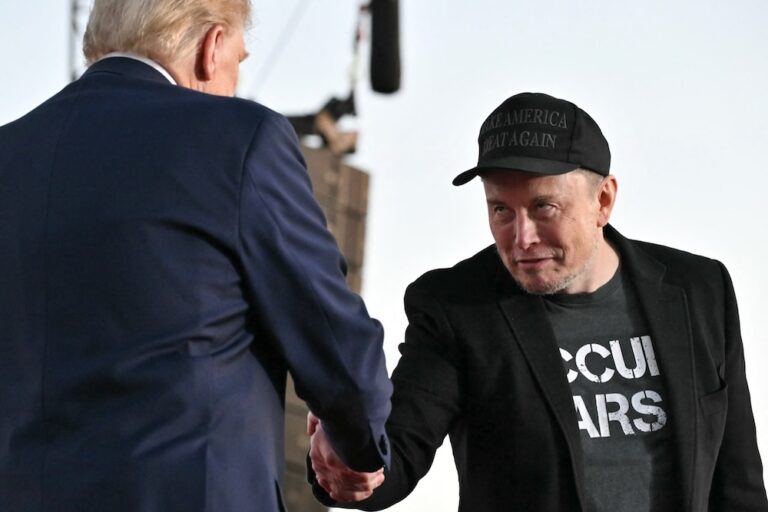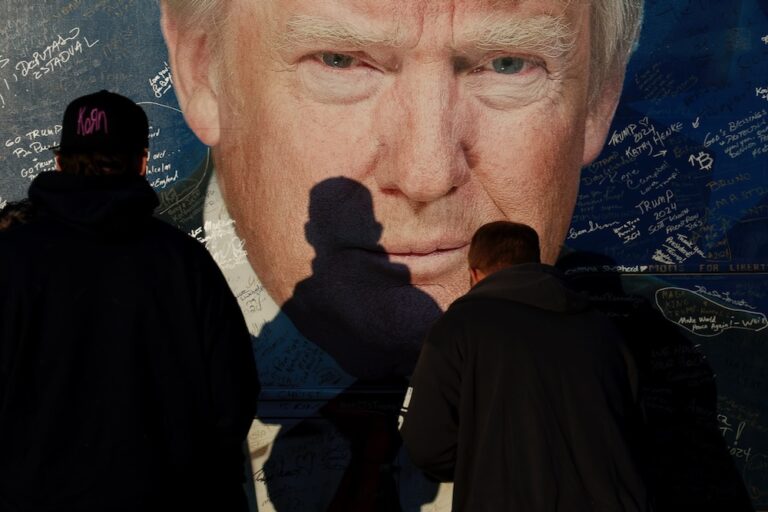(RSF/IFEX) – Reporters Without Borders welcomes the 23 October 2007 decision by the House of Representatives Foreign Affairs Committee to approve the proposed Global Online Freedom Act (GOFA). Drafted in February 2006 by a Republican Representative from New Jersey, Christopher Smith, this bipartisan bill would prevent US Internet sector companies from collaborating with repressive governments. […]
(RSF/IFEX) – Reporters Without Borders welcomes the 23 October 2007 decision by the House of Representatives Foreign Affairs Committee to approve the proposed Global Online Freedom Act (GOFA). Drafted in February 2006 by a Republican Representative from New Jersey, Christopher Smith, this bipartisan bill would prevent US Internet sector companies from collaborating with repressive governments. It will now go before the House Committee on Energy and Commerce.
“This is a wonderful advance for online free expression,” the press freedom organisation said. “At least four cyber-dissidents, including Wang Xianing and Shi Tao, have been convicted and jailed because of information supplied by the US company Yahoo! to the Chinese authorities. Cooperation with repressive governments by American Internet companies runs counter to the very nature of the Internet and facilitates the work of the censors.”
Reporters Without Borders added: “We hope the House committee on energy and commerce will now in turn quickly recognise this bill’s importance so that it can it can be submitted to a floor vote as soon as possible.”
The Global Online Freedom Act would prevent repressive governments – those that punish dissidents and human rights activists who use their right to online free expression – from having access to personal data by banning US companies from locating the servers containing this data in the territories controlled by such governments.
The bill would also ban US companies from providing information enabling users to be identified, except in cases in which the law is being legitimately applied. This, however, would be decided by the US justice department and not the companies.
The US companies concerned would also have to act transparently and transmit information about the type of censorship they apply to an interagency-staffed Office of Global Internet Freedom, which would have the job of defining US government policy for the promotion of the free flow of information online and monitoring violations. The office would also have the job of encouraging US companies, NGOs and academics to draft a voluntary code of conduct.
Companies that do not respect the GOFA’s provisions would be sanctioned. The GOFA would also establish a feasibility study for controlling the export of equipment, software and applications sold by US Internet sector companies to countries designated as repressive by the White House.
US companies Yahoo!, Google and Microsoft have been repeatedly criticised for agreeing to censor themselves in China. Cisco Systems is accused of providing China with online censorship technology. A Yahoo! representative will appear before the House Foreign Affairs Committee on 6 November in connection with his apparently untruthful claims to Congress in February 2006. He claimed that the company knew nothing about the content of the investigation into Shi Tao, but a document published by the Dui Hua Foundation seems to prove the contrary.


